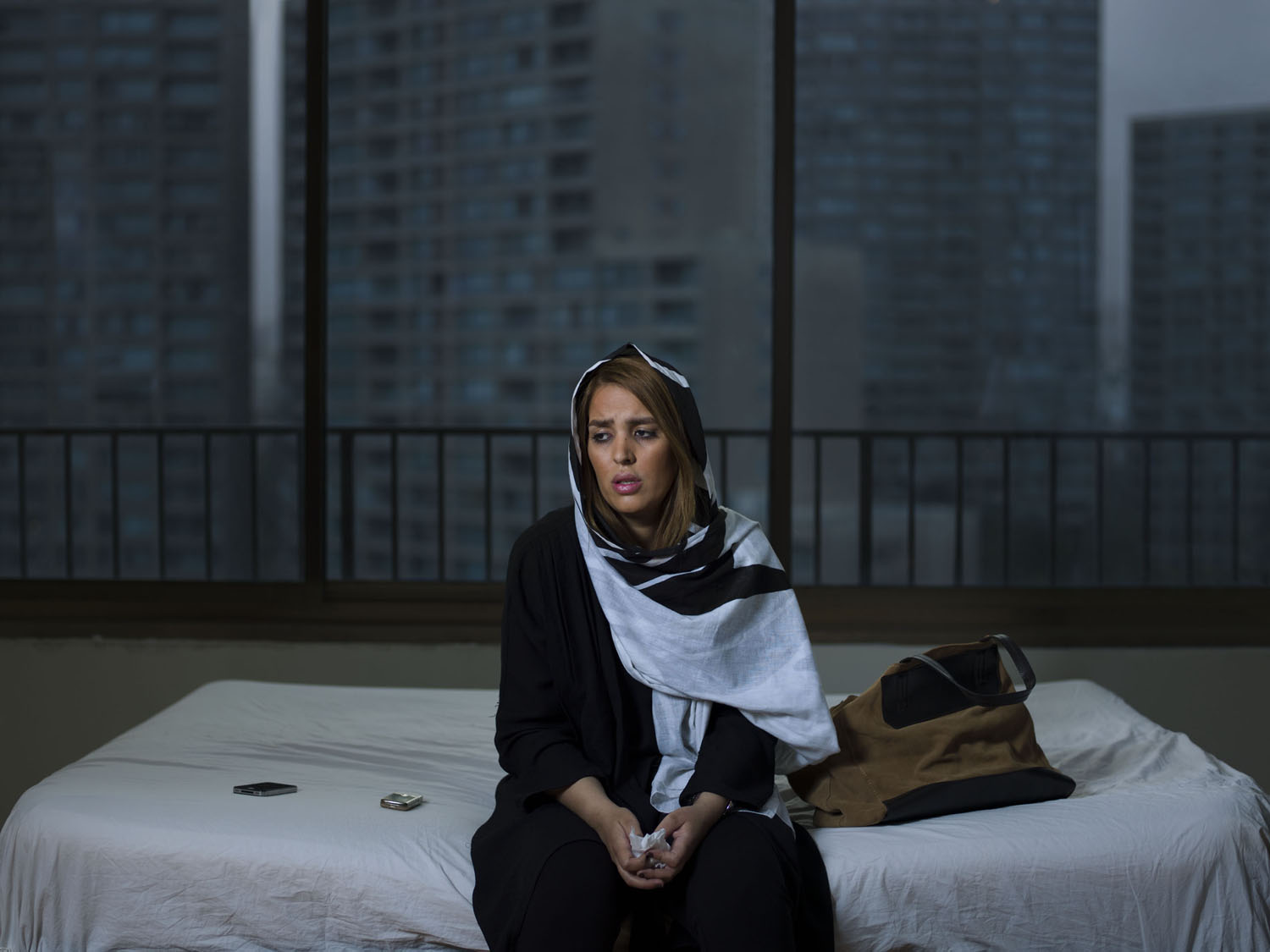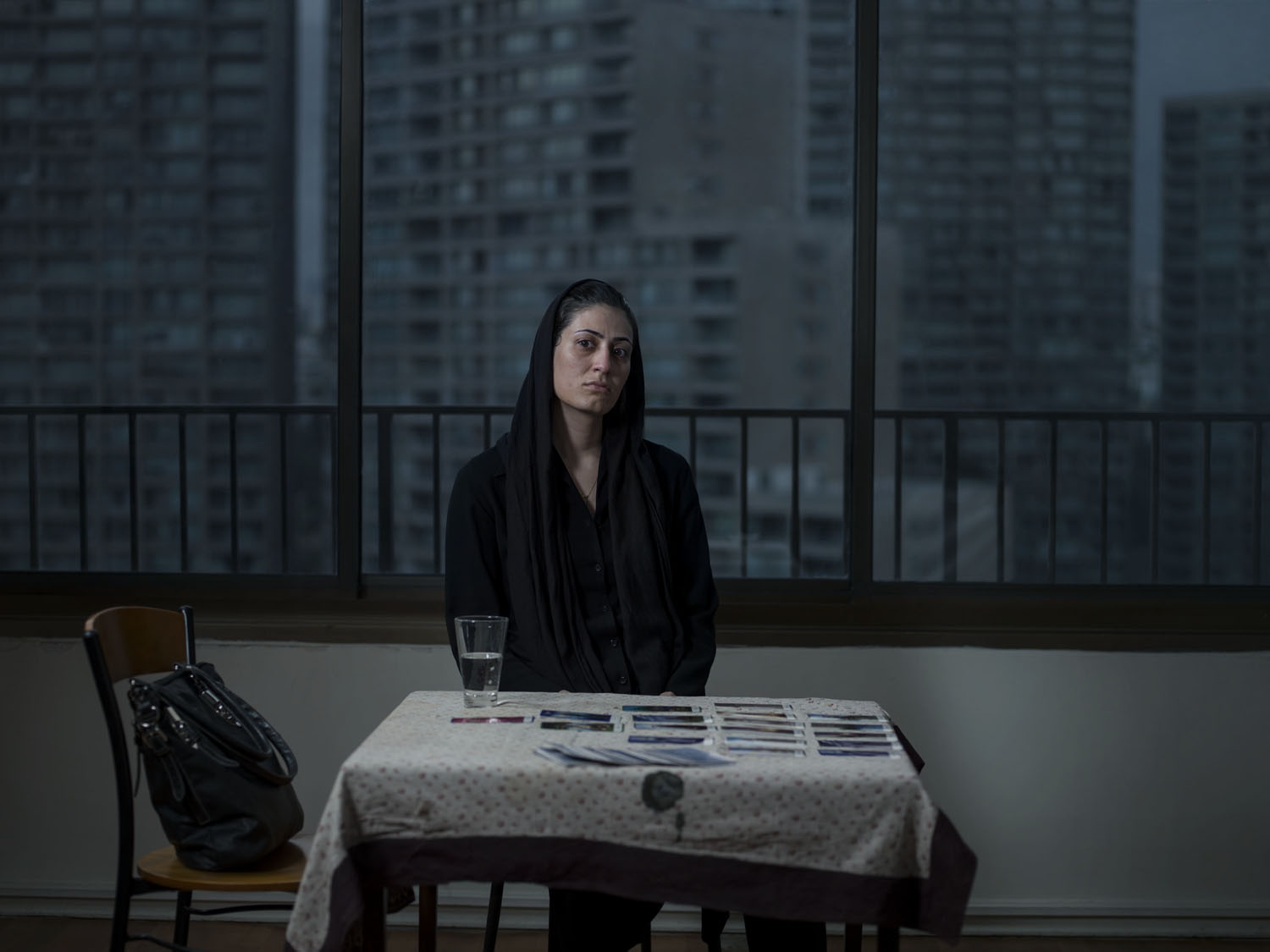With the clock ticking towards the June 30 deadline for a comprehensive international agreement on Iran’s nuclear program, the country’s Supreme Leader has come up with a set of red lines that potentially undermine the prospects of a deal.
The conditions set out by Ayatollah Ali Khamenei in a speech to senior officials on Tuesday night appeared to be at odds with an interim agreement secured in Lausanne in April with the so-called P5+1 — the United States, France, Britain, Russia, China, and Germany.
The international community is seeking a formula that would ensure Iran’s peaceful nuclear program is not diverted towards making a bomb. Tehran insists it has no such ambition. An agreement would set out the scope of Iran’s nuclear program, codify an inspection regime and deal with a timetable for lifting economic sanctions.
Khamenei’s key demand was that international sanctions against Iran, which Western negotiators credit with having forced the leadership to the negotiating table, must be lifted as soon as an agreement is signed.
Iran wants to get its hands on up to $150 billion in frozen assets as soon as possible, while the West wants to hold back to ensure Tehran is abiding by the deal. It might prove difficult to reinstitute international sanctions, which would require agreement among governments, once they had been lifted.
Khamenei said Iran should not have to await until the International Atomic Energy Authority had verified that it was meeting its side of the deal. Tehran was skeptical about whether the IAEA was either independent or fair, he said.
“Lifting of sanctions should not be tied to Iran’s execution of its commitments,” he said. “It should not be said that you carry out the commitments, then the IAEA verifies so that the sanctions will be lifted. We will never agree with it.”
That could be a deal-breaker for the P5+1 where distrust of the Iranians is on a par with Tehran’s distrust of the West.
On a more positive note, Khamenei said Iran had always been willing to give something in return for a lifting of sanctions, “provided the nuclear industry is not stopped and not damaged.”
Khamenei pitched his red lines in familiar anti-American terms, insisting that Washington’s principle objective was to destroy Iran’s peaceful nuclear industry while keeping sanctions in place.
Elsewhere, he referred to Iran’s past readiness to compromise. Iran had been ready to pay the price if America kept its word. “However, they started making excessive demands and breaking their word.”
In a positive note for international negotiators looking for a final agreement next week, Khamenei did not step back from his commitment to supporting the talks, stressing that Iran viewed a fair deal as a good one. As the man with the final say on the issue, he also took pains to praise the work of the country’s nuclear negotiators.
The other “red lines”, which the P5+1 are also likely to baulk at, were Khamenei’s rejection of a 10-12 years freeze on nuclear research and development, and his refusal to accept foreign inspections of the country’s military sites, something he already publicly rejected a month ago.
The Supreme Leader’s address may have been pitched as much at domestic hardliners as at the outside world. Opponents of the government’s negotiating strategy continue to pay lip-service to the desirability of a deal, but have lost no opportunity to accuse Iranian negotiators of being ready to offer too many concessions.
Khamenei said he was not against criticism, which could be helpful. “However, it is a fact that it is easier to criticize than to take action.”
His “red lines” clearly have support in parliament, whose members on Tuesday overwhelmingly supported near-identical conditions. With parliament pressing for a final say on any nuclear deal, the government was quick to respond that members of parliament were acting outside their competence.
The Supreme Leader’s intervention may be part of a classic Iranian pre-talks gambit, designed to up the pressure on its fellow negotiators. It came well short of closing the door on a comprehensive deal. He even hinted that “red lines” might be moveable.
“Every Iranian official,” he said, “while stressing the red lines, is after a sound agreement – namely a fair deal in accordance with Iran’s interests.”
Through Story, a Look into Iran: Newsha Tavakolian’s Portraiture








More Must-Reads from TIME
- Why Trump’s Message Worked on Latino Men
- What Trump’s Win Could Mean for Housing
- The 100 Must-Read Books of 2024
- Sleep Doctors Share the 1 Tip That’s Changed Their Lives
- Column: Let’s Bring Back Romance
- What It’s Like to Have Long COVID As a Kid
- FX’s Say Nothing Is the Must-Watch Political Thriller of 2024
- Merle Bombardieri Is Helping People Make the Baby Decision
Contact us at letters@time.com